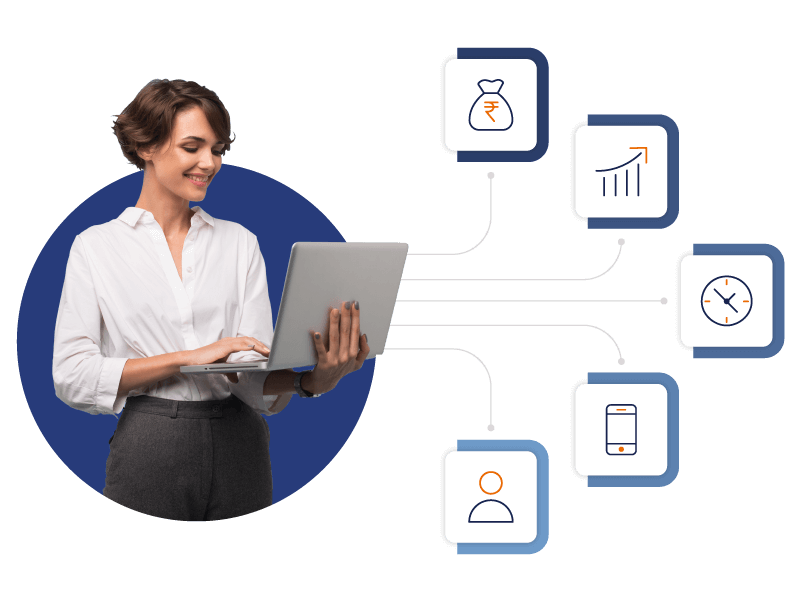In today’s fast-paced and dynamic business environment, managing human resources effectively has become crucial for organizations aiming to achieve success. HR departments are faced with numerous challenges, including managing employee data, payroll processing, performance evaluations, and talent acquisition. To overcome these challenges and streamline HR operations, many companies are turning to Human Resource Management Systems (HRMS). In this article, we will explore what an HRMS is, its key features and benefits, and how it can revolutionize your HR processes.
Understanding HRMS: A Human Resource Management System (HRMS) is a comprehensive software solution that automates and integrates various HR functions and processes. It acts as a centralized database that facilitates the management of employee data, streamlines HR workflows, and provides valuable insights for decision-making. An HRMS encompasses a range of modules and features that cater to different aspects of human resource management.
Key Features of an HRMS:
- Employee Data Management: HRMS enables efficient storage and retrieval of employee information, including personal details, job history, performance records, and more. This eliminates the need for manual record-keeping and reduces the risk of data errors or loss.
- Payroll and Benefits Administration: With an HRMS, organizations can automate payroll calculations, tax deductions, and benefits administration. This ensures accurate and timely payment processing, reduces administrative burdens, and enhances compliance with labor regulations.
- Attendance and Leave Management: HRMS systems offer features for tracking employee attendance, leave accruals, and absence management. Employees can apply for leave online, and managers can easily approve or reject requests, maintaining transparency and optimizing workforce planning.
- Performance Management: HRMS provides tools to streamline performance appraisal processes, set goals, track progress, and provide continuous feedback. It enables managers to evaluate employee performance objectively and identify areas for improvement or recognition.
- Recruitment and Onboarding: An HRMS simplifies the recruitment process by automating job posting, applicant tracking, resume screening, and interview scheduling. Additionally, it facilitates seamless onboarding, ensuring new hires receive the necessary information and resources to integrate into the organization effectively.
Benefits of Using an HRMS:
- Time and Cost Savings: By automating repetitive administrative tasks and reducing paperwork, an HRMS saves time and minimizes human errors. It also optimizes resource allocation and reduces operational costs associated with manual HR processes.
- Enhanced Data Accuracy and Security: An HRMS ensures data integrity by eliminating duplicate entries and maintaining a secure, centralized database. This minimizes the risk of data breaches, promotes confidentiality, and ensures compliance with data protection regulations.
- Improved Decision-making: Access to real-time data and analytics empowers HR professionals and management with valuable insights. They can make data-driven decisions, identify trends, forecast future needs, and design effective HR strategies to support organizational goals.
- Increased Employee Engagement: An HRMS enables self-service functionalities, allowing employees to access their personal information, request leave, and update their details. This empowers employees and fosters a culture of transparency and engagement within the organization.
- Regulatory Compliance: HRMS systems help ensure compliance with labor laws, tax regulations, and industry-specific requirements. They generate accurate reports, maintain records, and automate compliance-related processes, reducing the risk of penalties and legal issues.
Conclusion: Implementing an HRMS can significantly transform and optimize HR operations within an organization. By automating processes, improving data accuracy, and providing valuable insights, an HRMS empowers HR departments to focus on strategic initiatives that drive employee engagement, productivity, and overall organizational success. As technology continues to evolve, leveraging an HRMS becomes essential for companies seeking to stay competitive in managing their most valuable asset—their people.


 WhatsApp us
WhatsApp us